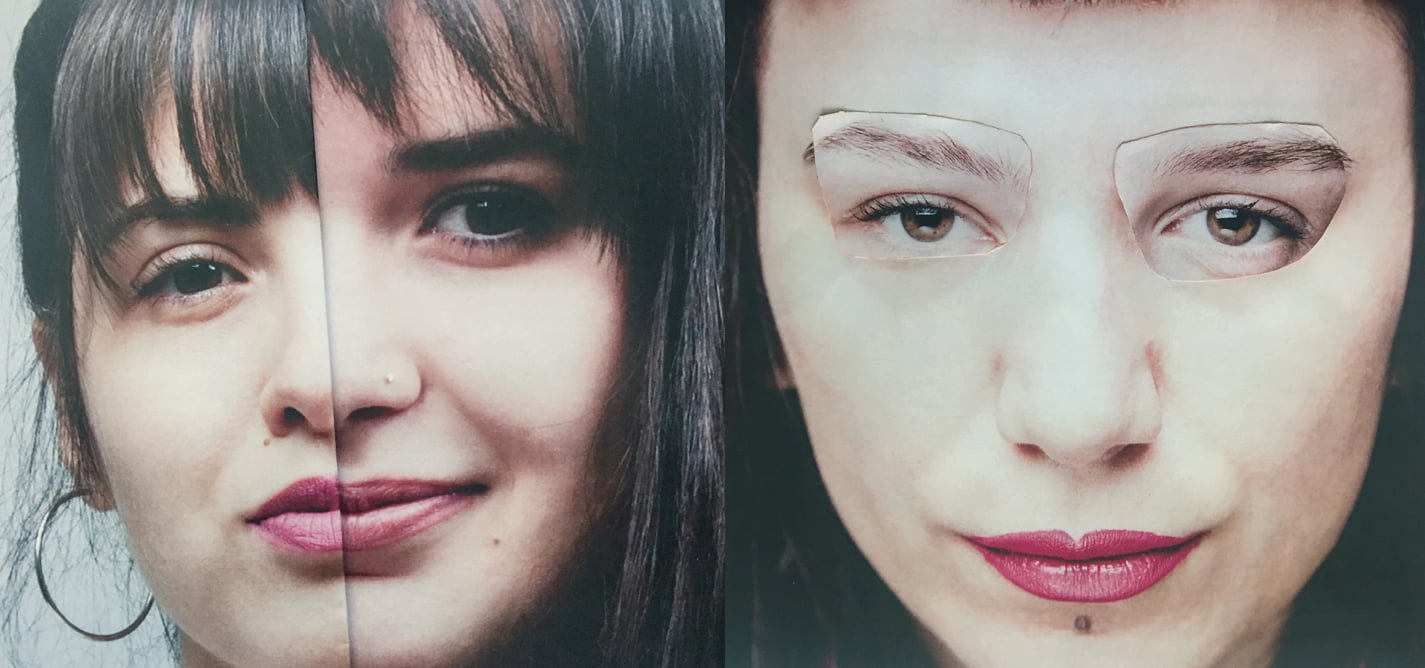
Two musical duos lighting up Kosovo’s underground
Tandem and X-Rated Self Love look beyond the wall.
|06.05.2017
|
“It can get depressing, because I'm not gaining anything emotionally or financially, but it needs time, and those few people who appreciate my music give me the strength to go forward.”
Blerta Kosova"What we often try to promote is new women musicians, especially in rap, because it is known as a genre where there were lots of men."

Valmir Mehmetaj
Valmir Mehmetaj is a journalist who has previously worked in TV journalism and as a staff writer at Kosovo 2.0. Valmir studied communication sciences at the South East European University in Tetovo, Macedonia. He believes deeply in constant learning and forming original thoughts, and mainly writes about cultural and social issues.
This story was originally written in English.